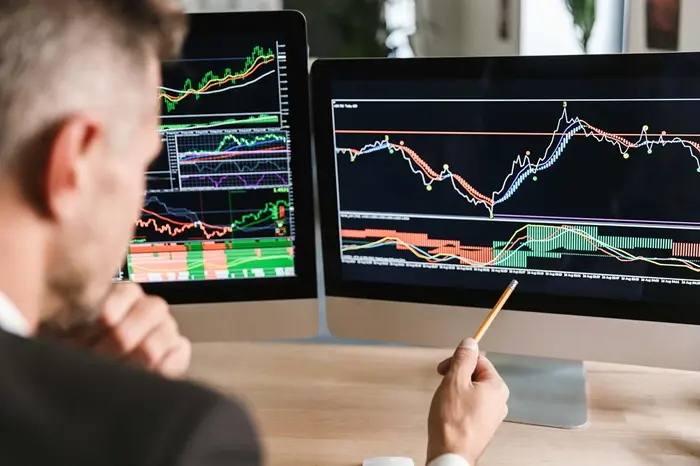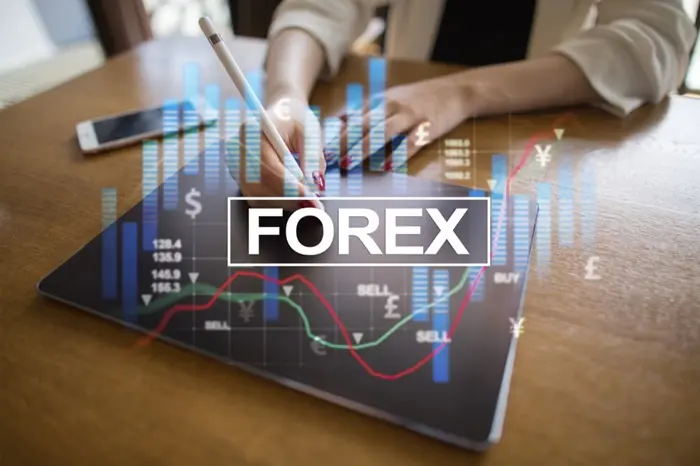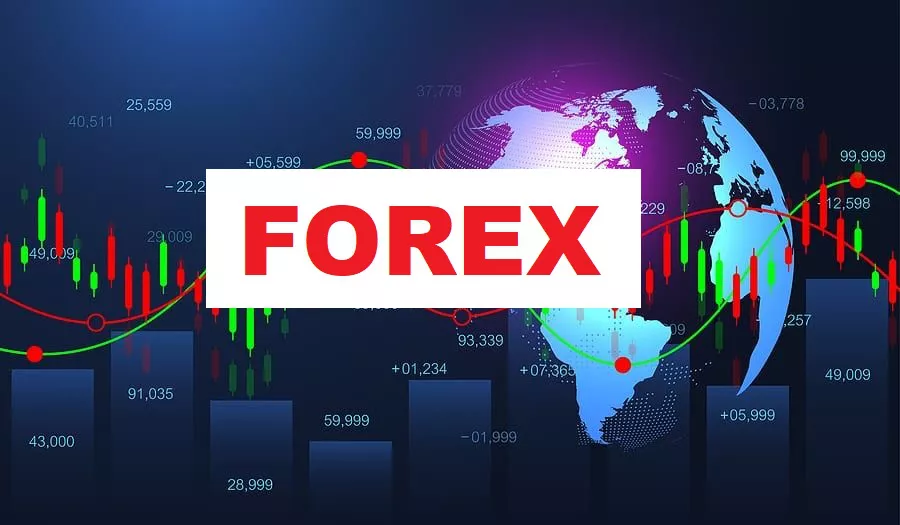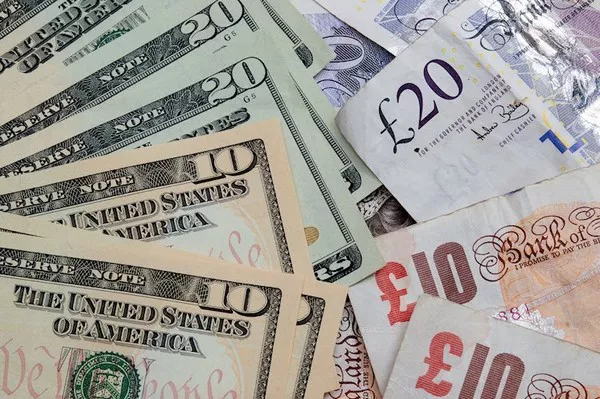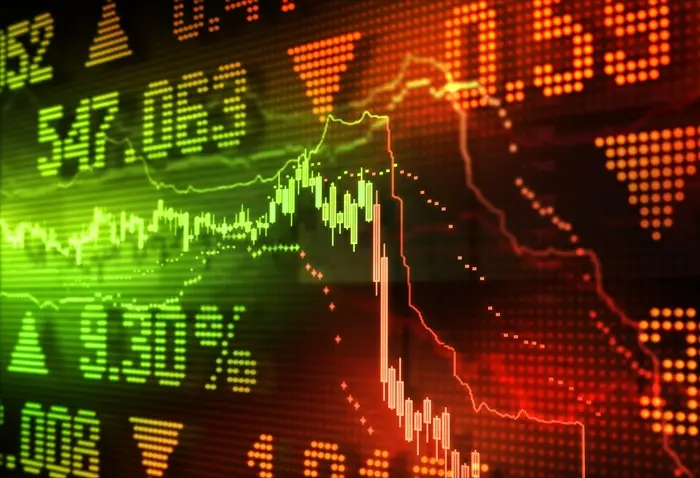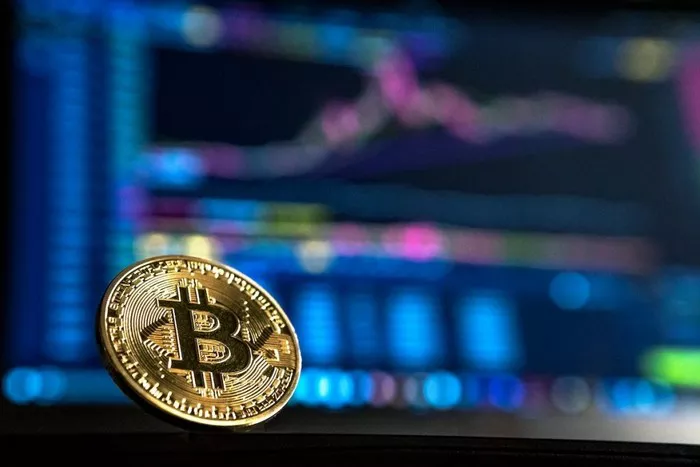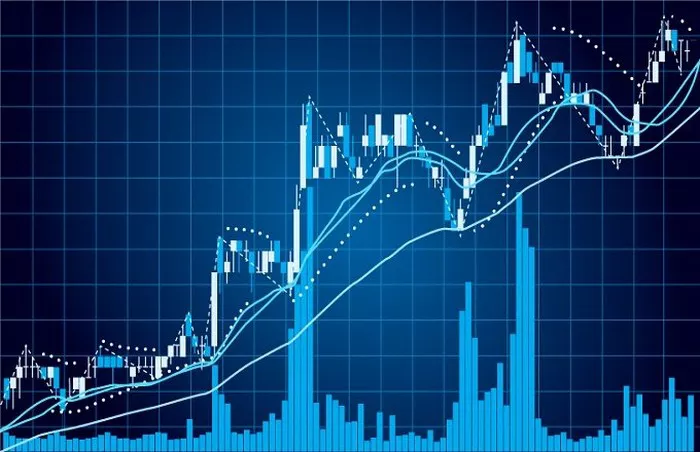Forex, short for “foreign exchange,” is a global financial market that involves the trading of currencies. It is one of the most liquid and widely traded markets in the world, with billions of dollars traded every day. This article will explore what forex is, how it works, its importance in the global economy, and more. Whether you are new to forex or looking to learn more, this guide will help you sort out the concept.
What is forex?
Foreign exchange (Forex) refers to the market where global currencies are traded. Unlike the stock market, where you buy and sell company shares, forex trading involves exchanging one currency for another. The forex market operates 24 hours a day, five days a week and is decentralized, meaning there is no central exchange or physical location where all trades are executed. The forex market is made up of banks, financial institutions, corporations, governments, and individual traders, all of whom trade through electronic platforms.
Forex Market Structure
The Forex market is characterized by a vast network of participants. These include:
Central Banks: Central banks play a crucial role in the Forex market by controlling national monetary policies. They influence exchange rates by adjusting interest rates or conducting foreign exchange interventions to stabilize their currencies.
Commercial Banks and Financial Institutions: Commercial banks facilitate currency transactions for their clients and often engage in Forex trading themselves to benefit from market fluctuations.
Corporations: Large multinational corporations engage in Forex transactions as part of their business operations, particularly when they need to convert currencies for international trade or investment purposes.
Hedge Funds and Investment Firms: These entities often trade large volumes of currencies, speculating on currency price movements for profit.
Retail Traders: Individual investors, through online Forex brokers, participate in Forex trading by speculating on the movement of currency pairs, either for short-term profits or long-term investments.
Why is foreign exchange important?
1. Facilitating international trade
Foreign exchange is fundamental to international trade and commerce. When businesses conduct cross-border transactions, they need to exchange currencies to pay for goods and services. For example, a US company purchasing products from Japan needs to exchange US dollars (USD) to Japanese yen (JPY) to complete the purchase.
2. Central to investment and tourism
Foreign exchange enables investors to diversify their international portfolios, as currencies are often part of asset management strategies. Similarly, travelers need foreign exchange services to convert their home currencies into the currencies of the countries they are visiting, making foreign exchange an important part of the tourism industry.
3. Impact on the global economy
The foreign exchange market reflects the global economic environment. Economic indicators such as GDP growth, employment rates, inflation, and trade balances all affect currency prices. Governments and central banks also use foreign exchange as a tool for economic policy, influencing factors such as interest rates and currency valuations.
How Does Forex Trading Work?
In Forex trading, currencies are traded in pairs. This means that you are buying one currency while simultaneously selling another. For example, if you’re trading the EUR/USD pair, you are buying the euro while selling the US dollar.
Currency Pairs
Currency pairs in Forex are categorized into three main types:
Major Pairs: These are the most traded pairs, involving currencies from economically significant countries. Examples include EUR/USD, GBP/USD, and USD/JPY.
Minor Pairs: These pairs involve less liquid currencies and are typically less traded. Examples include EUR/GBP and AUD/JPY.
Exotic Pairs: Exotic currency pairs consist of one major currency and one currency from a smaller or emerging economy. Examples include USD/TRY (US dollar to Turkish lira) and EUR/SGD (Euro to Singapore dollar).
Forex Quotes and Bid-Ask Price
When a trader looks at a currency pair, they will see two prices: the bid and the ask price. The bid price represents how much you can sell the base currency for, while the ask price represents how much you can buy it for. The difference between these two prices is known as the “spread.”
For example, in the EUR/USD pair, if the bid price is 1.2500 and the ask price is 1.2505, the spread is 5 pips (the smallest price movement in Forex).
Leverage in Forex Trading
Leverage is one of the unique features of Forex trading. It allows traders to control larger positions with a smaller amount of capital. For example, if a trader has $1,000 and uses a 100:1 leverage ratio, they can trade a position worth $100,000. While leverage can amplify profits, it also increases the risk of significant losses, making it crucial for traders to use it carefully.
Key Terms in Forex
1. Pip (Percentile)
A pip is the smallest price movement in a currency pair. Most currency pairs are quoted to four decimal places, and one pip represents a one-point movement to four decimal places. For example, if EUR/USD moves from 1.2500 to 1.2501, it moves one pip.
2. Lot
In Forex trading, a “lot” refers to the volume of a trade. A standard lot is 100,000 units of the base currency, but traders can also trade mini lots (10,000 units) and micro lots (1,000 units), which allow them to control smaller amounts of currency.
3. Margin
Margin is the amount of money a trader needs to put up to open a position. It acts as a deposit or collateral, ensuring that a trader has enough funds to cover potential losses. For example, if a trader uses 1% margin to control a $100,000 position, they would need to deposit $1,000 as margin.
4. Swap or Rollover
A swap or rollover occurs when a trader holds a position overnight. Forex brokers typically charge or pay a small fee based on the difference in interest rates between the two currencies in a currency pair. This fee can be positive or negative, depending on which currency has the higher interest rate.
Factors that influence foreign exchange market trends
In the foreign exchange market, there are several factors that influence currency price movements:
1. Interest rates
Central banks control interest rates, and changes in interest rates can have a significant impact on the value of a currency. High interest rates often attract foreign investment, which increases demand for a particular currency and pushes up its value.
2. Economic indicators
Economic data such as GDP growth, unemployment, and inflation rates can influence currency movements. Strong economic performance often strengthens a country’s currency, while weak economic performance can cause a currency to depreciate.
3. Geopolitical events
Geopolitical instability, such as wars, elections, or natural disasters, can lead to market uncertainty, which can cause currency fluctuations. Traders often respond to news and events by buying or selling currencies to minimize risk or take advantage of opportunities.
4. Market sentiment
Traders’ collective attitudes toward a particular currency or country’s economy can influence the foreign exchange market. For example, if traders believe that a country’s economy will perform well, they may buy that country’s currency, causing it to appreciate.
Risk and Reward in Forex Trading
Like all forms of trading, Forex trading carries both risks and rewards. While the market offers opportunities for significant profit, it is also highly volatile and speculative, which can lead to substantial losses. Traders must manage risk carefully by using tools such as stop-loss orders, position sizing, and effective strategies.
Risk Management Strategies
Stop-Loss Orders: These orders automatically close a position once the price reaches a certain level, limiting potential losses.
Position Sizing: Traders adjust the size of their trades to ensure they are not overexposed to a single position.
Diversification: Traders may diversify their portfolios by trading different currency pairs or using different financial instruments to reduce risk.
Conclusion
Forex stands for foreign exchange, a dynamic and essential part of the global financial system. It is a market where currencies are traded, influencing international trade, investment, and tourism. Understanding how Forex works, the key terms involved, and the factors that influence currency prices is vital for anyone looking to participate in this market. While Forex trading presents significant opportunities, it is essential to be aware of the risks and take proper steps to manage them.
Whether you are a new trader or someone with experience in financial markets, gaining a solid understanding of Forex can help you make informed decisions. With its vast size and 24-hour accessibility, Forex remains one of the most exciting and important financial markets in the world.



